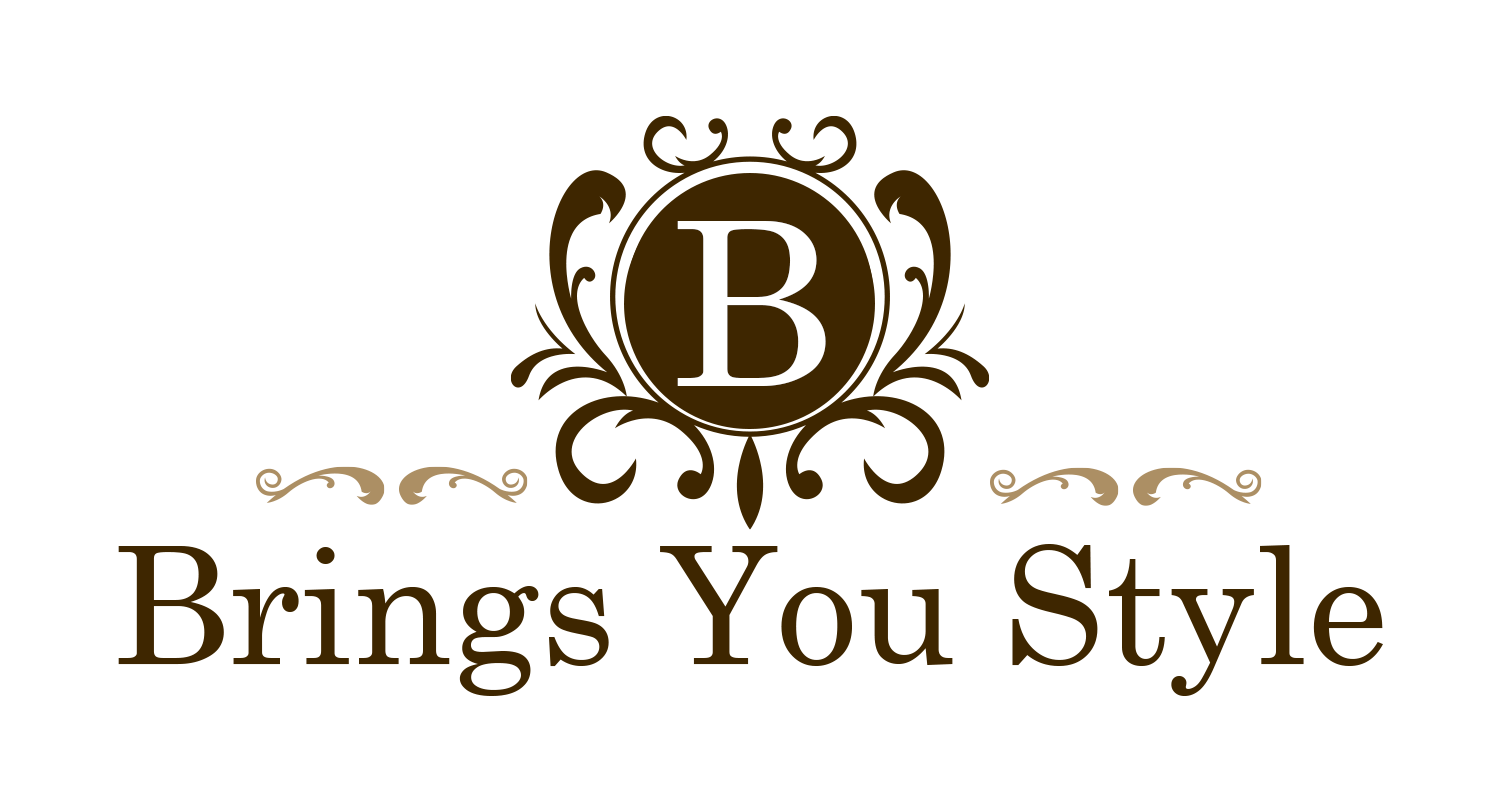In the last decade, wearable technology has become an integral part of our daily lives. From fitness trackers to smartwatches, these devices are not only revolutionizing how we monitor our health but also enhancing our connectivity with the digital world. However, as these gadgets become more sophisticated, ensuring their safety and connectivity through rigorous product testing and compliance certifications has become crucial.
The Importance of Wearables and Connectivity Product Testing
Wearables and connectivity product testing are essential to ensure that these devices function correctly and safely. As wearable technology directly interacts with the human body, any malfunction or failure can have serious consequences. Product testing helps identify potential issues before they reach the consumer, ensuring that the device performs as expected under various conditions. Additionally, testing for connectivity ensures that the devices can reliably communicate with other gadgets and networks, providing a seamless user experience.
Understanding Safety and Compliance Certifications
Safety and compliance certifications are vital for wearable tech manufacturers. These certifications demonstrate that a product meets the required safety standards and regulations, which vary by region and industry. Obtaining these certifications can be a lengthy and complex process, but it is essential for ensuring the safety and reliability of wearable devices. Moreover, certified products gain consumer trust and can enter global markets more easily.
Ensuring Product Safety and Compliance
For years, expert advice and comprehensive testing services have been pivotal for product developers and manufacturers. Many businesses have secured product safety and regulatory compliance efficiently through these trusted consulting services. By partnering with experts in wearables and connectivity product testing, companies can navigate the complex landscape of safety and compliance certifications with confidence.
Key Safety Standards for Wearable Tech
Several safety standards are crucial for wearable tech. These include regulations related to electromagnetic compatibility (EMC), radio frequency (RF) exposure, and electrical safety. EMC testing ensures that wearable devices do not interfere with other electronic devices, while RF exposure testing ensures that the device does not emit harmful levels of radiation. Electrical safety standards, on the other hand, ensure that the device does not pose any electrical hazards to users.
Connectivity Standards for Wearable Devices
Connectivity is a critical aspect of wearable technology. Devices must comply with various wireless communication standards, such as Bluetooth, Wi-Fi, and cellular networks. Ensuring compliance with these standards is essential for the device to function correctly with other gadgets and networks. Wearables and connectivity product testing help verify that these devices can maintain reliable connections, providing users with a seamless experience.
The Certification Process
The certification process for wearable tech involves several steps. Initially, the product undergoes rigorous testing to ensure it meets the required safety and connectivity standards. Once testing is complete, the manufacturer submits the test results to the relevant regulatory bodies for review. If the product meets all the necessary criteria, it is awarded the appropriate safety and compliance certifications. This process can be time-consuming and costly, but it is essential for ensuring that the product is safe and reliable.
Challenges in Achieving Compliance
Achieving compliance can be challenging for wearable tech manufacturers. The regulatory landscape is continually evolving, with new standards and requirements emerging regularly. Additionally, different regions have varying regulations, making it difficult for manufacturers to ensure global compliance. Partnering with experts in wearables and connectivity product testing can help navigate these challenges, providing valuable insights and guidance throughout the certification process.
Benefits of Compliance Certifications
Obtaining safety and compliance certifications offers numerous benefits for wearable tech manufacturers. Certified products are more likely to gain consumer trust, as they demonstrate a commitment to safety and quality. Additionally, these certifications can facilitate market entry, as many regions require compliance with specific standards before products can be sold. Ultimately, achieving compliance helps ensure the long-term success and reliability of wearable devices.
Future Trends in Wearable Tech Compliance
As wearable technology continues to evolve, so too will the standards and regulations governing it. Emerging trends such as augmented reality (AR) and virtual reality (VR) wearables will bring new challenges and opportunities for compliance. Staying ahead of these trends and ensuring continuous compliance will be essential for manufacturers looking to remain competitive in the rapidly changing tech landscape.
Conclusion
Ensuring the safety and connectivity of wearable technology through rigorous product testing and compliance certifications is essential for the success and reliability of these devices. Expert services help businesses navigate this complex process, providing comprehensive testing services and advice. By prioritizing wearables and connectivity product testing and obtaining safety and compliance certifications, manufacturers can confidently bring their innovative products to market, gaining consumer trust and achieving long-term success.

